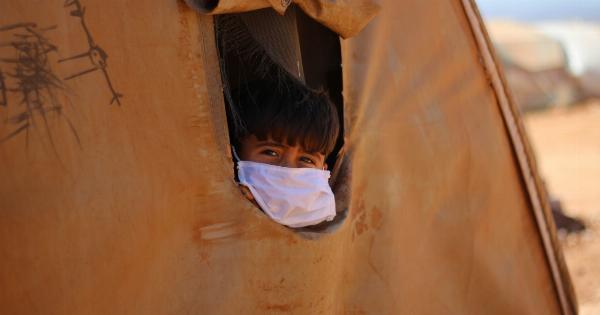Measles is a highly contagious viral illness that spreads through the air when an infected person coughs or sneezes.
The World Health Organization (WHO) estimates that about 90% of people who are not immune will contract measles if they come in contact with the virus.
Measles Outbreaks 2018
Measles outbreaks were reported in many countries in 2018, including the United States, Israel, Brazil, Yemen, Madagascar, and Ukraine according to WHO report.
The report indicates that the number of confirmed cases reported worldwide has increased by more than 30% compared to the previous year, with more than 140,000 deaths recorded in total.
Global Context of Measles
The global context of measles indicates a significant public health concern that deserves urgent attention. Measles is one of the leading causes of death among children under five years old worldwide.
Even though it can be prevented by a safe and effective vaccine, measles vaccination rates have stalled globally due to a range of factors including misinformation, vaccine hesitancy, and inadequate access to health services.
Measles Symptoms
The symptoms of measles usually develop about ten days after exposure to an infected person. The initial symptoms may include high fever, cough, runny nose, and red, watery eyes.
After a few days, a rash will appear on the skin; the rash usually starts on the face and spreads down to the rest of the body.
Measles Complications
Measles complications can be serious and may include ear infections, pneumonia, encephalitis (inflammation of the brain), and even death.
Measles can be particularly dangerous for pregnant women, people with weak immune systems, and malnourished people.
Measles Vaccination
Measles vaccination is the most effective measure to prevent measles and its complications. The measles vaccine is safe, affordable, and widely available.
WHO recommends that all children receive two doses of the measles vaccine, starting with the first dose at nine to twelve months of age, and the second dose at fifteen to eighteen months of age.
Measures to control Measles
WHO and partners are working to accelerate measles control and maintain a measles-free world. This includes increasing immunization coverage, improving surveillance, and strengthening public health systems.
As part of the Global Vaccine Action Plan, WHO has set a target of eliminating measles and rubella in five WHO regions by 2020.
Conclusion
Measles is a vaccine-preventable disease that continues to claim lives every year. It can only be defeated with strong political commitment, increased public awareness, and improved access to vaccines and health services.




























